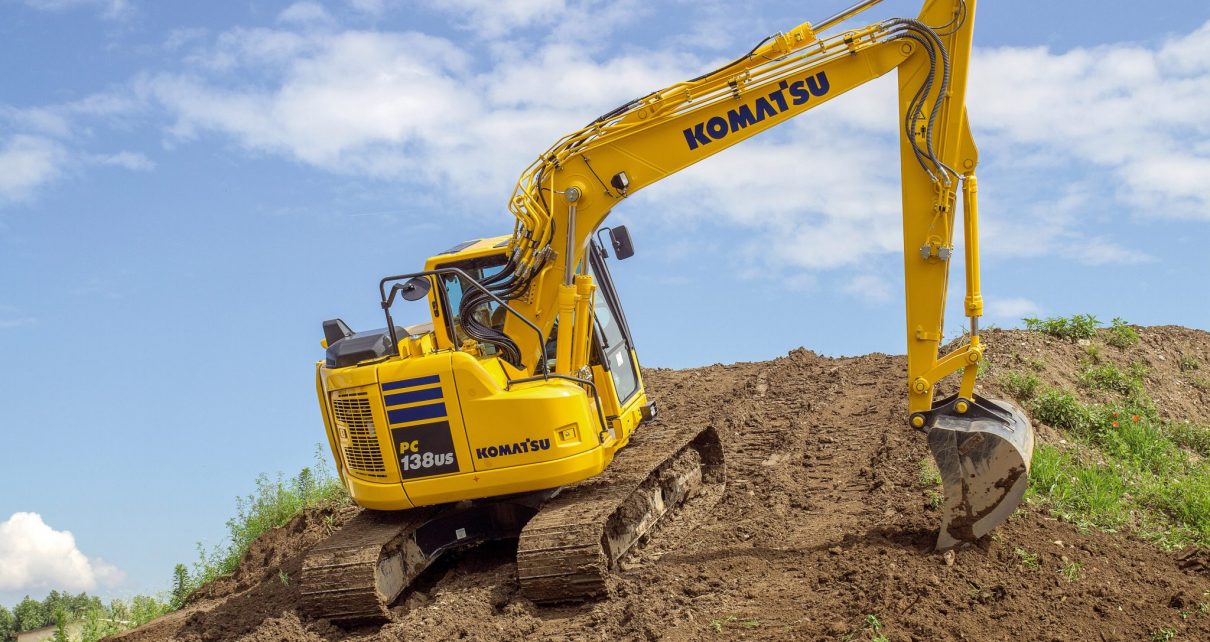Excavator is heavy machinery that could be run without a license. The answer is you do not really need a license to operate an excavator; this is actually under the new workplace safety guidelines. It is, however, important to note that there are certain high-risk jobs that will require a license.
If you need to hire an excavator, you will need to find out if you are able to operate the machinery safely and securely. This is for your own health and safety as well as to offer confidence to the business that you are working for.
What is needed?
When you are operating an excavator a licence is proof of competency in way of certification.
When it is a do it yourself activity at home, competency is not necessary, you can just operate the machine as long as you know how to do it. There are typical excavator jobs whereby instead of license you need to have proof of your skills and experience at the time of hire or operation.
There are certain things that will prove your competency to operate the machinery. It is important to understand what is required to show your competency.
The PCBU (Person Conducting a Business or Undertaking) will ensure that an operator has the following:
• Logbooks of on the job training conducted by an operator skilled and experienced in the operation of excavator or any other equipment that the operator may use.
• A certificate of Workplace Health and Safety Regulation 2008.
• A statement of attainment in the National Unit of Competency Conduct civil construction excavator operations.
• An equivalent state operation certification
• Ongoing assessment of competency through work review.
Despite having the above mentioned, the operators must still adhere to some guidelines that will ensure safety at the work site. These guidelines are:
• Have sufficient information, training, instruction and supervision about the task at hand
• Competency in operation
• Appropriate use of equipment in order to minimize risks
Operators must also know the following:
• Know the correct measures of operating the equipment as well as the control measures
• The number of persons authorized to use one equipment
• All the requirements of maintenance.
As much as a license is not required, the above-mentioned are a major necessity when one wants to run an excavator. If you will lack them, it might be impossible to operate the machine because it will be putting you and the people around you at risk. However, your employer can provide onsite training.
Do I need Earthmoving or Particular Crane Certification [EPC]?
Licensing was considered as a highly restrictive form of regulation that restricted so many people from operating most of the machines, as they did not represent a high risk. This led to the implementation of the work health and safety Act 2011 that allows the operators to operate without a license.
An EPC Certification is no longer necessary in operation of the following plant and equipment:
• Front-end loader backhoe [LB]
• Bridge and gantry [remote control] crane [LBG]
• Excavator [LE]
• Front-end loader [LBG]
• Scraper [LP]
• Road roller [LR]
• Grader [LG]
• Skid steer loader [LS]
• Dozer [LZ]
Note that when a license is not necessary for the operation of the mentioned equipment, one needs to have the necessary skills and experience to be safe when operating them.
The role of ensuring safety during the operation of this equipment has been left to the managing business at the site and the supplier in cases of DIY. What they will look for is the competency of the operator in the machines; they will consider an operator who has all the skills that are necessary to operate any of the equipment as well as the experience.
In cases where an operator may lack competency, it becomes the responsibility of the managing business to put them on training so that they can be able to operate the machines in future.
The supervisors at the site will also ensure that they set rules and regulations necessary to keep the operation safe for everyone who is around the area of operation. Such rules may include, the number of people assigned to operate certain equipment among other safety rules.
Now that a license is not required for one to operate heavy machinery, you need to know how to stay competitive when it comes to operating these machinery. Most of the operators will learn this on the job site.
This means that they learn as they work. However, the best way would be to join apprenticeship programs that are offered at community colleges, trade unions and vocational schools. This will not only give you the skills you want but also the experience since most of the time is spent in the field and this is where one gets the experience.
It is not in all area of work that you will go without being asked for a license. There are some high-risk jobs that will definitely ask you for a license. It is important to know what these jobs are so that you can stay safe and know when to acquire a license. Some of the high risks jobs that require a license are• Activities that cover demolition• Asbestos removal
There are also certain types of heavy machinery that will require a license to operate. These are some types of cranes and hoists, boom EWPs, forklifts, boilers, steam turbines and reach stackers.
In conclusion
It is good to know that excavators and other big machinery are vital to today’s mining and construction industries. For this reason, one needs to understand all the rules and regulations that govern the use of the machinery. Whether it is for commercial or DIY use, you need to understand the risks that are associated with the use of the machinery and know how you can stay safe from the risk while operating the machinery.
The removal of a license as a necessity in operation of excavator and other heavy machinery does not mean that just anybody who can run an excavator can do it.
There are other factors that must be observed to make the operation a success. Understand about what is needed such as certification that comes from one having the necessary skills as well as the experience in operation among others.




